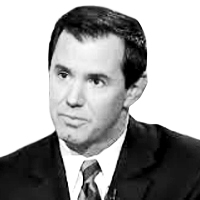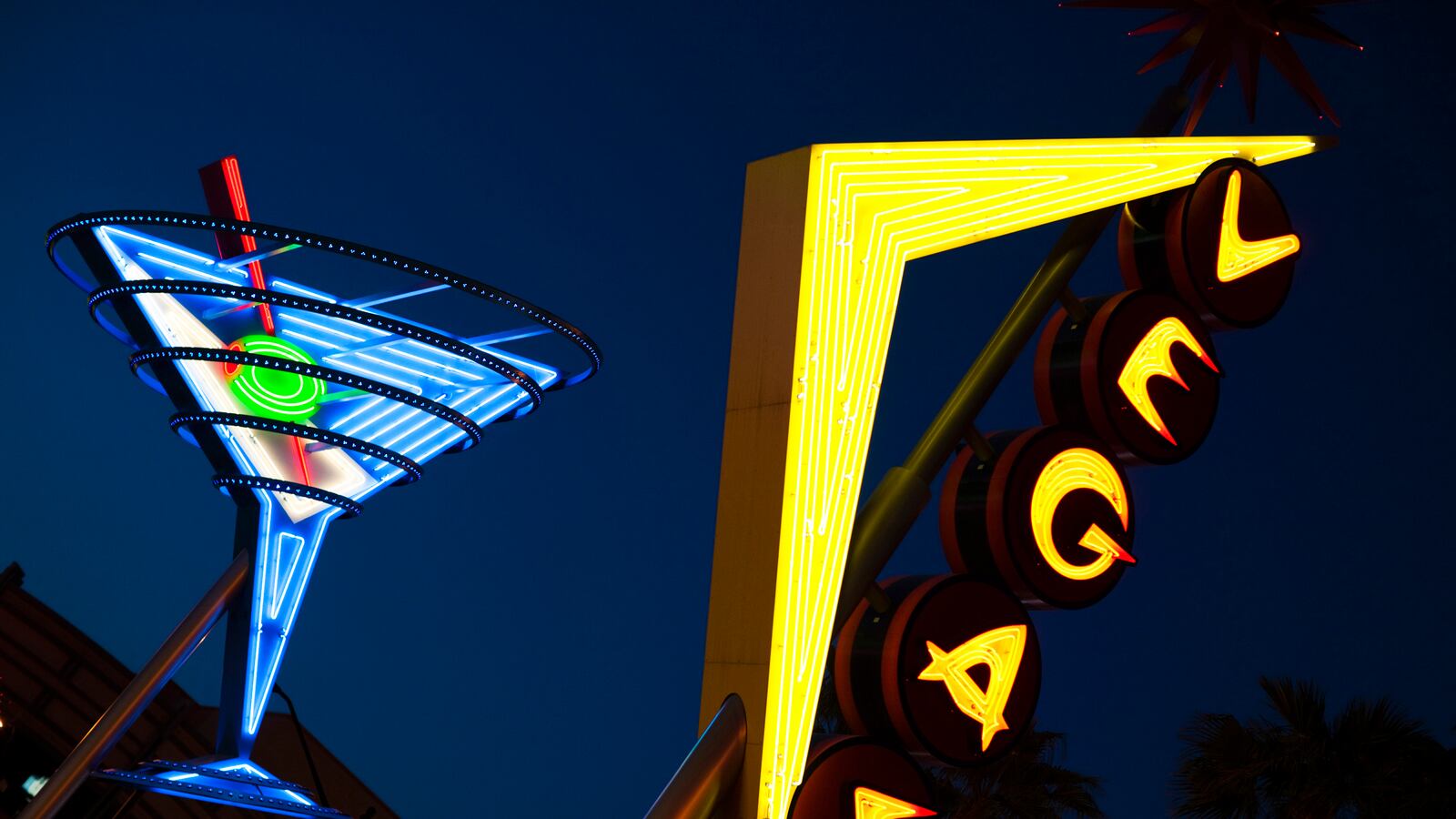It is arguably the most effective business model in history: Serving customers free alcohol in an effort to remove them from reality. And nobody does it better than Vegas, baby…Vegas.

For those few of you who haven’t visited a casino, the process at, say, a blackjack table goes something like this: Sit down at a minimum wage table of your choosing ($2, $5, $15, $50, $100, whatever…) and throw hard cash on the table. The dealer quickly turns that cash into chips, which—like spending with a credit card—suddenly feels less real when making a transaction or in this case… losing a hand.
A waitress will then come by in less than 5 minutes asking for your drink order. Gambling itself is always a party—and there’s a good chance you’re enjoying something resembling a vacation—so it’s invariably an order of (insert liquor here) on ice or a tall frosty one to start. Doesn’t matter what time it is… there is no sunlight in most casinos, nor are there any clocks. And since cellphones need to be put away, the concept of time is completely thrown out the window.
So let’s add it all up: You’re playing with fake money (even through it’s very real), you’re drinking for free aside from tips (which are also invariably paid in fake money), and you have no idea if it’s 5 p.m. or 5 a.m. Talk about escaping reality…
Like an all-inclusive island resort, it’s easy to get over-served in these situations. Dealers aren’t bartenders, and waitresses—if you play long enough—change shifts. In other words, NO ONE is looking out for your best interests. Get loaded? Lose next month’s rent or mortgage? In the words of Henry Hill in Goodfellas: “F**k you. PAY ME!”
Which brings us to the story of Mark Johnston: He’s a 52-year-old one-percenter who lost on Super Bowl weekend in a more brutal and decisive fashion than anyone wearing orange at the actual Super Bowl.
Here’s the short version of Johnston’s unmemorable weekend: Decided to fly to Vegas on Jan. 30. Had “two to four drinks” at a Burbank (Calif.) airport. One drink on the 45-minute flight to Vegas. One drink waiting (fixed by his limo driver upon landing). Another drink while riding to the hotel, and then “several more” at dinner right after checking into his hotel…
That’s 10-12 cocktails before the check for dinner even arrived. After that—not so unpredictably—Johnston entered blackout mode, which is that scary place where the body and mind keep (somewhat) functioning but all memory ceases to exist.
And that’s apparently when the real fun started: Johnston began a 17-hour gambling and drinking bender that ended in $500,000 in losses. During this time, the AA and GA Candidate of the Year knocked down 20… yup… 20 additional drinks, bringing the total to at least 30 since first arriving in Burbank. The half-million in losses mostly came from credits (aka “markers”) provided by the casino.
So since everyone sues over just about anything these days, Johnston is taking the casino (The Downtown Grand) to court. While he was taking this financial beating, his lawsuit claims he was so inebriated he couldn’t read his cards nor hold his chips. Nevada law prohibits permitting visibly drunk patrons to gamble, as well as serving them the aforementioned free drinks if the patron appears to already be bombed. The question is… how much is too much? Some folks can hide being hammered better than others.
There is precedent for these types of lawsuits, with mixed results for the plaintiffs. For example, 25 years ago, a New Jersey federal court decided that a man who claimed to have lost $250,000 after overindulging was justified in suing an Atlantic City casino that served him while providing markers during wagering. The ruling stated: “While under the influence of drugs or alcohol, one suffers a deficit, to varying degrees, of cognitive faculties such as the power to reason sensibly, to appreciate the danger of activities engaged in, and/or to exercise sound judgment.”
Good news for the gambler, right?
Well, almost.
Even with the favorable procedural ruling, a jury concluded that said gambler (Shmuel Aboud) had not demonstrated he was sufficiently drunk not to know better.
Other drunken gamblers have fared better by settling out of court, including one guy in 2000 who lost $1 million and settled for an amount not disclosed.
But the most infamous story is one Philadelphia Eagles fans know all too well. In 1993, the team’s now-late owner—Leonard Tose—was unsuccessful in swaying a jury in a civil suit against Hollywood Casino Corp. (which owned The Sands) that the betting parlor had caused him to become so intoxicated, he had no clue what he was doing when he pissed away millions in AC. Consequently, he was forced to pay the casino $1.2 million in gambling debt. (He died broke in 2003.)
As for Mark Johnston, here’s what he recently told CNN: “I am not a sore loser. I’ve lost half a million. I’ve lost $800,000. I’ve lost a lot of money. This has nothing to do with that. Obviously I can afford what I lost.”
Maybe it’s time for him to pick up a new hobby. Clearly his gambling strategy isn’t working out for him. While he’s at it, take some responsibility for his actions…
Doubling down on visits to Gamblers Anonymous and Alcoholics Anonymous would be a good start.
Johnston is just another victim of the most effective business model in history: Fake money, free alcohol, no clocks, no concept of reality.
And apparently, no accountability.






